
by Nicholas Mitsakos | Artificial Intelligence, Book Chapter, Innovation, Science, Technology, Transformative businesses, Writing and Podcasts
AI is not a data problem; it is a cognitive architecture problem. Data and computing power will become insurmountable hurdles for transformer-based models. A new generation of AI models requires fundamental breakthroughs. Large data models can’t learn, transfer knowledge or understanding, understand the relevance, or use analogous learning to transfer that relevance and predict. Current AI models require massive and increasing data and learn from reinforcement. This cannot scale and is massively inefficient. Real learning based on cognitive architecture, focused dynamic data, and referential data sets is a better solution. This is closer to real human learning, more effective and efficient, and offers a significantly better solution. Understanding the natural learning process — referential and analogous data, categorization, transferring and building upon that data, and creating knowledge applicable to new situations — learning builds upon itself and is exponentially effective. That is the real AI solution.
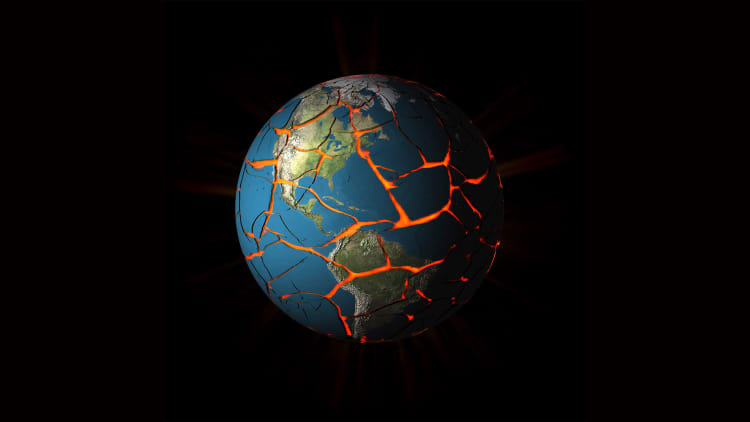
by Nicholas Mitsakos | Book Chapter, Globalization, Innovation, Public Policy, Technology, Writing and Podcasts
The paranoia is building. From the CHIPS Act to proposals for absurdly high tariffs (60% on goods from China isn’t going to help anyone) to banning TikTok, the world is on the verge of reversing decades of progress and exchanging real progress for delusionary gains.
Efforts to localize production and economic development with vast government subsidies are being proposed or enacted in the United States, the EU, China, India, and any other economic center that can think of it.
Hiding behind walls has never worked and makes life worse for everyone.

by Nicholas Mitsakos | Artificial Intelligence, Biotechnology, Book Chapter, Digital Assets, Innovation, Investments, Science, Technology, Writing and Podcasts
Global technological transformation and disruptive technologies create extraordinary opportunities – and magnified risks. Headline-grabbing hyperbole dominates each news cycle, and some forecasts and bewildering futuristic projections can mostly be dismissed. However, meaningful substance and catalytic disruptive change are permeating all industries.
A context to understand these developments – a broader, methodical, and disciplined way to think about disruption and transformation- shows that extraordinary opportunities on a highly competitive global scale are emerging.
Artificial intelligence and AI-generated tools, digital assets, blockchain-based businesses, gene editing, and DNA sequencing profoundly impact the world’s most important industries. New technological innovations and platforms enable unprecedented disruption to all business and economic models.
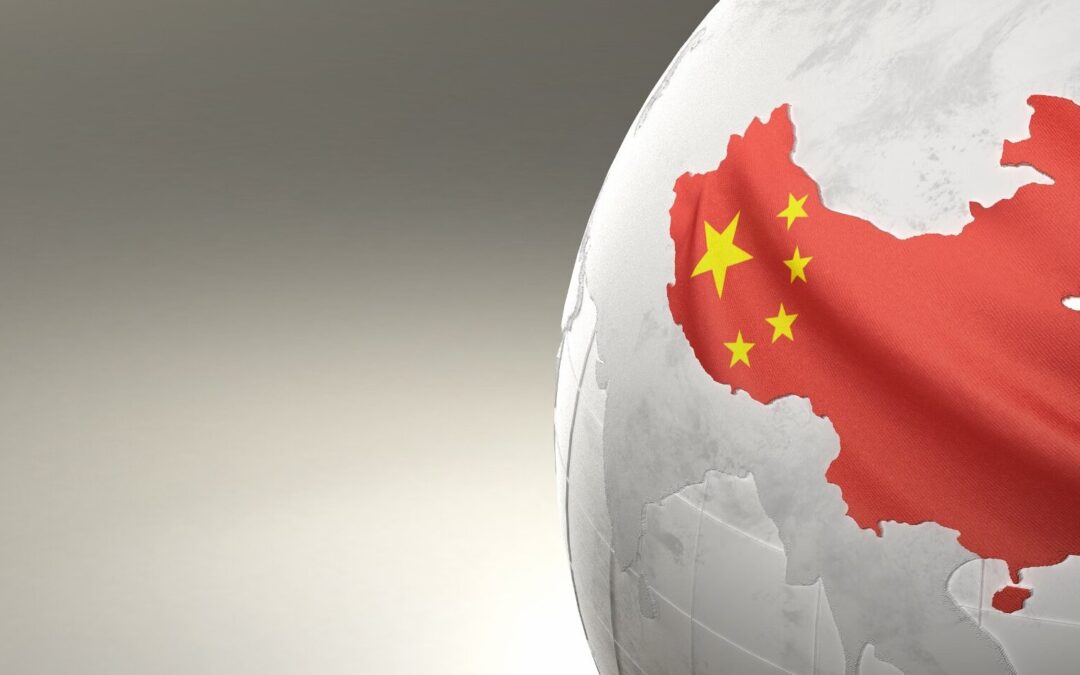
by Nicholas Mitsakos | Artificial Intelligence, China, Economy, Globalization, Innovation, Investment Principles, Technology, Transformative businesses, Writing and Podcasts
Chairman Xi faces more significant problems than just a declining stock market. Future prosperity, innovation, and China’s global position in advanced technologies are at stake. Bureaucratic regulation and central government money are not the answer, and an uncomfortable truth for communist bureaucrats is that a free market, access to venture capital and private equity, and vibrant public markets are essential for China’s success. A volatile market is still best at attributing value and allocating capital over time. China’s entrepreneurs have brilliance, incomparable fortitude, and a strong work ethic, but without capital and liquidity for that capital, the ship will run aground. Permanent capital is essential for the growth of an economy, innovation, and prosperity. Liquidity is essential for that capital.
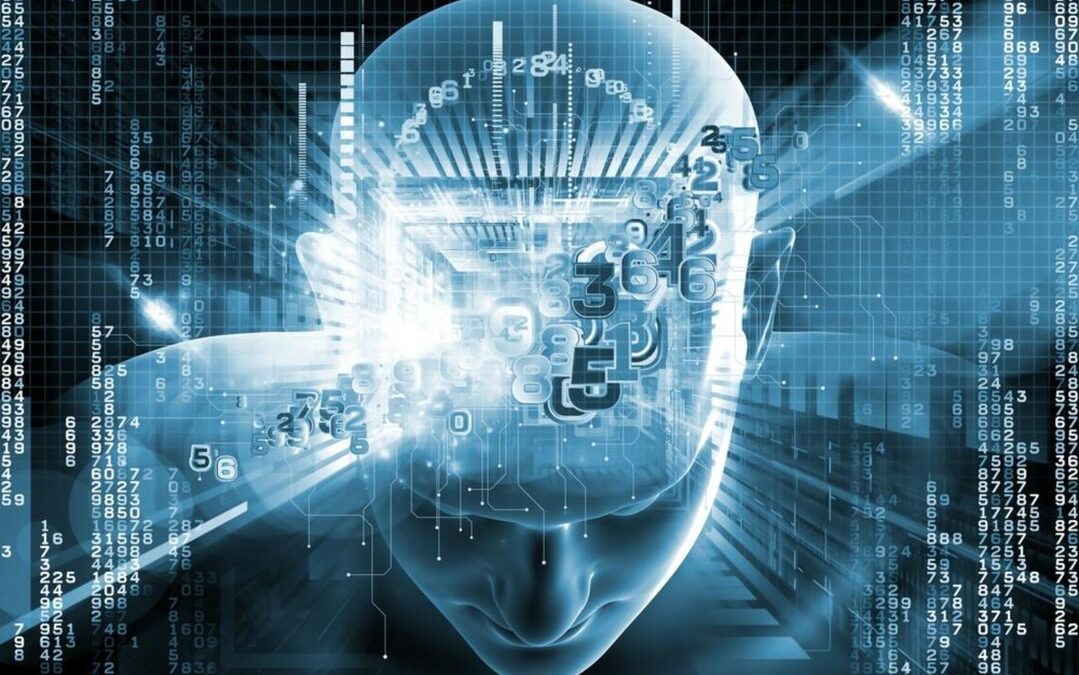
by Nicholas Mitsakos | Artificial Intelligence, Book, Book Chapter, Innovation, Science, Technology, Transformative businesses, Writing and Podcasts
Artificial intelligence is poised to significantly impact various fields and activities, transforming how we approach creativity, professional activities, science, and many more domains. Disruption will accelerate the development of new innovative businesses and strategies in finance, medicine, data management, systems engineering, materials science, art, and other industries. AI’s impact will be profound and multifaceted, driving innovation and efficiency and posing challenges regarding ethics, job displacement, and new skills and regulations. As AI continues to evolve, its integration into these areas will likely shape the future of human society in significant ways.
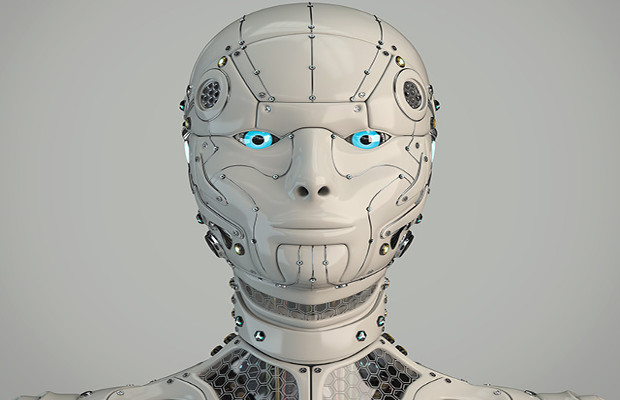
by Nicholas Mitsakos | Artificial Intelligence, Book Chapter, drug discovery, Green Energy, Innovation, Public Policy, Science, Technology, Transformative businesses, Writing and Podcasts
The era of artificial intelligence is here, and it’s generating despair and fear over the loss of control and the worry that artificial intelligence is about to unleash killer robots and enslave humanity. Perhaps…or, something else. Artificial intelligence will improve lives and generate greater access to education, improve healthcare, and advance climate science. Among many other improvements, AI’s benefits greatly outweigh its costs. AI has its costs since everything comes with a price (there are always both sides to the ledger), but the extraordinary benefits that artificial intelligence can unleash are worth the effort. Don’t slow down, pause, or restrict research, development, and AI applications. Prometheus gave the world fire and while we can still cause great harm, it was among the single greatest advancements for humankind. Artificial intelligence can be the same thing for our modern-day recipients of fire from the gods. But, we can’t be naïve. We can still burn the earth down if we are not careful. AI will not destroy the world – and is more likely to save it. I’s trajectory points towards a future where it not only enhances technological capabilities but also enriches human lives. Its evolving role will be characterized by a synergy between human and artificial intelligence, propelling societal progress and opening new frontiers of innovation and discovery is not just a technological advancement; it’s a catalyst for a new era of human endeavor. Its impact is vast, touching every aspect of our lives and work. As AI continues to evolve, its role in shaping our society and driving innovation will only become more significant, opening new horizons for growth, creativity, and human potential.
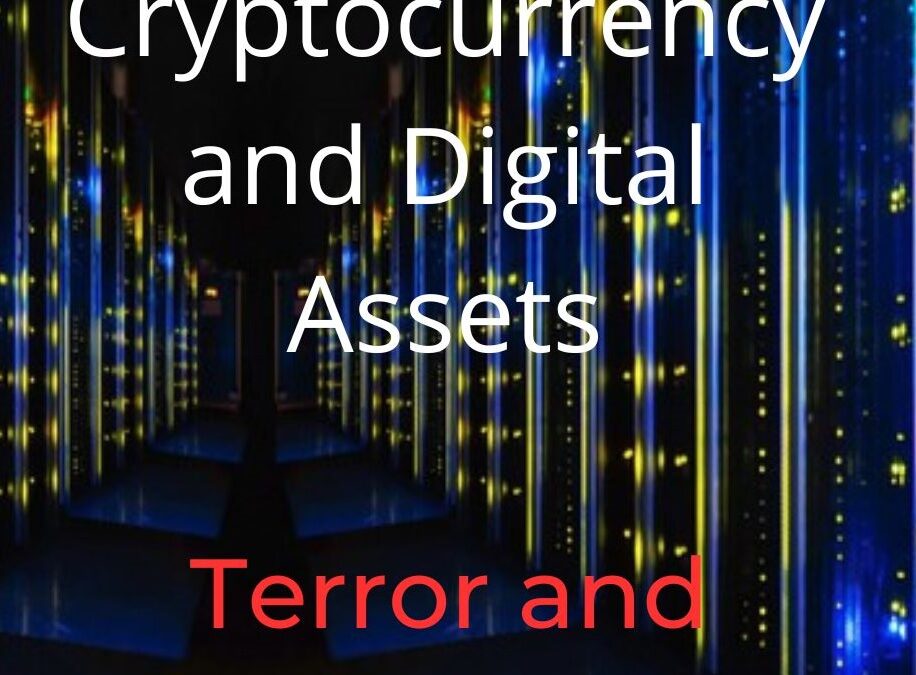
by Nicholas Mitsakos | Book, Financial Technology, Innovation, Science, Technology, Transformative businesses, Writing and Podcasts
Cryptocurrencies soar in value, plunge, hit new highs, are written off, rebound, and hit new highs again, and the cycle repeats. We should be terrified. Over the last five years, cryptocurrencies such as Bitcoin and Ether have outperformed the overall market. However, can the general trend of outperformance last, or will these digital assets drop over 90% like some of its other crypto brethren? Is there a sustainable performance that creates the foundation for either a new currency or a valuable asset class? Probably not. Forces that drive these eye-watering returns seem to be the same as those that drove the social media-driven insanity behind meme stocks such as GameStop. We are seeing social media mobs controlling demand to a limited supply, creating price spikes that look attractive to any speculative investor. Unfortunately, demand can dry up quickly and the price subsequently falls through the floor. Financial markets ruthlessly sort nonsense from substance. Volatility and existential threats have been brutal and extreme for digital assets and the reckoning for crypto has been predicted for some time. However, digital assets are not on their way to history’s dustbin. Reality is more nuanced, and I try to provide a more detailed analysis since a broad brush hardly seems appropriate. The weakest and craziest portions of the crypto world have been exposed as nothing more than silliness. But some valuable components remain resilient and offer tremendous opportunity. I will explore these in detail. There is more cause for optimism than pessimism among the best and the brightest. We will explore these opportunities while harshly dismissing the hype and silliness – avoid the terror of worthless market.

by Nicholas Mitsakos | Economy, Green Energy, Science, Technology, Transformative businesses, Writing and Podcasts
In crisis there is opportunity. The infrastructure of modern society – utilities, telecom systems, energy systems, highways, and other components – is essential for global economic development, unavoidable, demanded by many, poses seemingly insurmountable obstacles, and is poised at the edge of transformational change. Emerging economies need a range of basic infrastructure and services, especially in fast-growing cities – now becoming megalopolises. They will not wait for a “green future” to develop. Carbon footprint reduction is not a priority and is independent of emerging economies’ government policy. On top of this, developed economies are not done building and increasing energy usage. Aging essential infrastructure, such as bridges and water utilities, needs upgrades. The move toward a greener global energy future, and a more advanced and digitally connected society, needs to be built. Domestic energy development, energy security, affordability, fossil-fuel-based infrastructure, and other infrastructure development will be part of the global energy mix for decades. It is another example of private markets drawn to attractive investment opportunities to increase efficiency, lessen carbon footprints, and lead to independence and security. It’s all about economics, profits, global opportunities, and private capital enabling fundamental change. Governments can talk, and people can whine, but the capitalists will make the real difference. That’s how the world changes; it has always been this way.
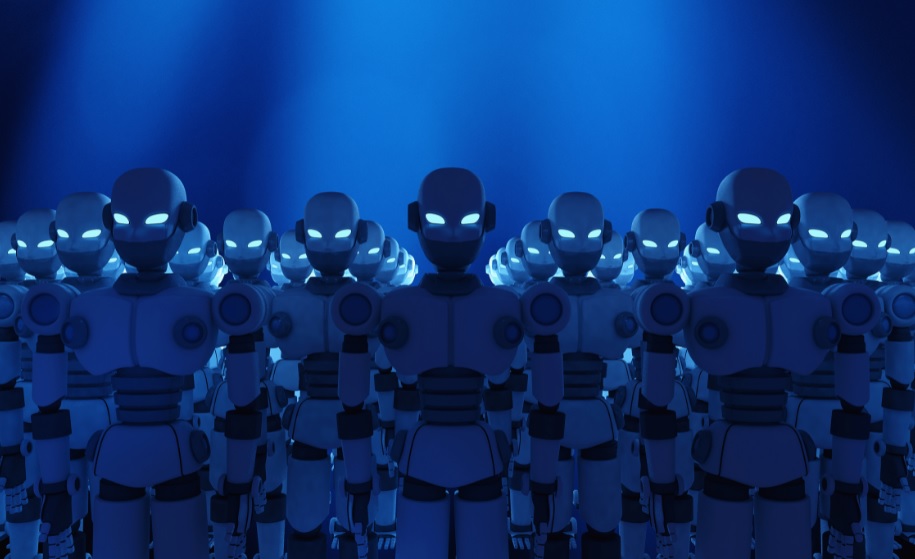
by Nicholas Mitsakos | Artificial Intelligence, Innovation, Public Policy, Science, Technology, Writing and Podcasts
Stunning capabilities are emerging from large language models like GPT 4 that, until very recently, were thought to be only theoretical. We could never have the data sets or the processing power to generate real and usable results. Well, all that has changed – rather suddenly.
But is it time for the torches and pitchforks? What are the serious risks that accompany this technology?
There will be good and bad, like every new era. Will it be the Middle Ages all over again and we’ll experience The Plague before the Renaissance, or will it be more balanced and reasonable? There are good, bad, and many things in between whenever humanity advances.
Let it happen. Put down the pitchforks.

by Nicholas Mitsakos | Artificial Intelligence, Biotechnology, Book Chapter, drug discovery, Green Energy, Health Care, Innovation, Public Policy, Science, Technology, Transformative businesses, Writing and Podcasts
Our most intractable problems cannot be solved with behavior modification, conservation, or our existing technology, regardless of its advanced or widespread applications. Only new knowledge creating innovative solutions can address our most intractable problems. This can only be achieved through basic scientific discoveries and then combining these discoveries with enterprise-based innovation, commercial discipline, and competition. Innovation, creativity, and competitive dynamics create the most effective innovations, the best solutions, and the most sustainable companies. Developing the best public policy as well as the best structure to enable innovative and creative solutions, as well as the economic incentive to scale these opportunities and make them economically sustainable. Central planning, bureaucratic industrial policy, government-led economic management, and dictatorial focus have always failed, and always will.

by Nicholas Mitsakos | Book, Book Chapter, Economy, Innovation, Investment Principles, Public Policy, Science, Technology, Trade, Writing and Podcasts
Zero-sum thinking has begun. Despite comparative advantage, mutual cooperation, and specialization proving indisputably more beneficial than any other approach to economic interaction, this ideal is under threat. Rules and norms for economic integration lifted hundreds of millions of people out of poverty, created an order-of-magnitude increase in the average wealth of the Western population, and benefited countless hundreds of millions enabling a way of life otherwise unimaginable post-World War II. Now that system is under threat as developed countries subsidize alternative energy, attract manufacturing via expensive subsidies, and restrict the flow of goods and capital. Mutual benefit is out; national gain is now the highest priority. In other words, stupidity and zero-sum thinking have taken over. A handful of bureaucrats, regardless of how brilliant each may be, can never equal the mind of the market. Management and control usually spell disaster eventually. Managed focus on technological development for products and services the central government believes have greater substantial benefit to the overall society may not be calamitous, but the law of unintended consequences has not been repealed. It will be inefficient, substandard, and create potentially dangerous side effects. Innovation, creative freedom, and unstructured thought are essential components to the development of any technology of substance and disruptive benefit.

by Nicholas Mitsakos | Book Chapter, Innovation, Science, Technology, uncertainty, Writing and Podcasts
In his preamble to “The Theory of Relativity,” Einstein implored his reader to, “set aside your proud certainty” because he was about to present something quite revolutionary, iconoclastic, and, as he discovered for many years after publication, challenging to be broadly accepted. Of course, his insights would be vindicated, and would soon be considered one of the leading minds of the 20th century, and perhaps one of the great minds in scientific history. Einstein knew things that everybody else was ignorant of and was ignorant of things that everybody else knew. That was probably the key to his great thinking – he assumed no knowledge and didn’t confuse himself with the trivial or unimportant. Always explore, race to keep up, clear the field, and let other vibrant minds pass. It is the spark of human creation, analysis, and understanding that gives us a glimpse of nature’s fundamental beauty. We only touch a small fraction, and our hardest work and most diligent thinking expose a little bit more – and that is one of humankind’s most worthwhile pursuits. Set aside proud certainty; be indifferent to your failings and the cacophony of critics. See, question, verify, and question again.












